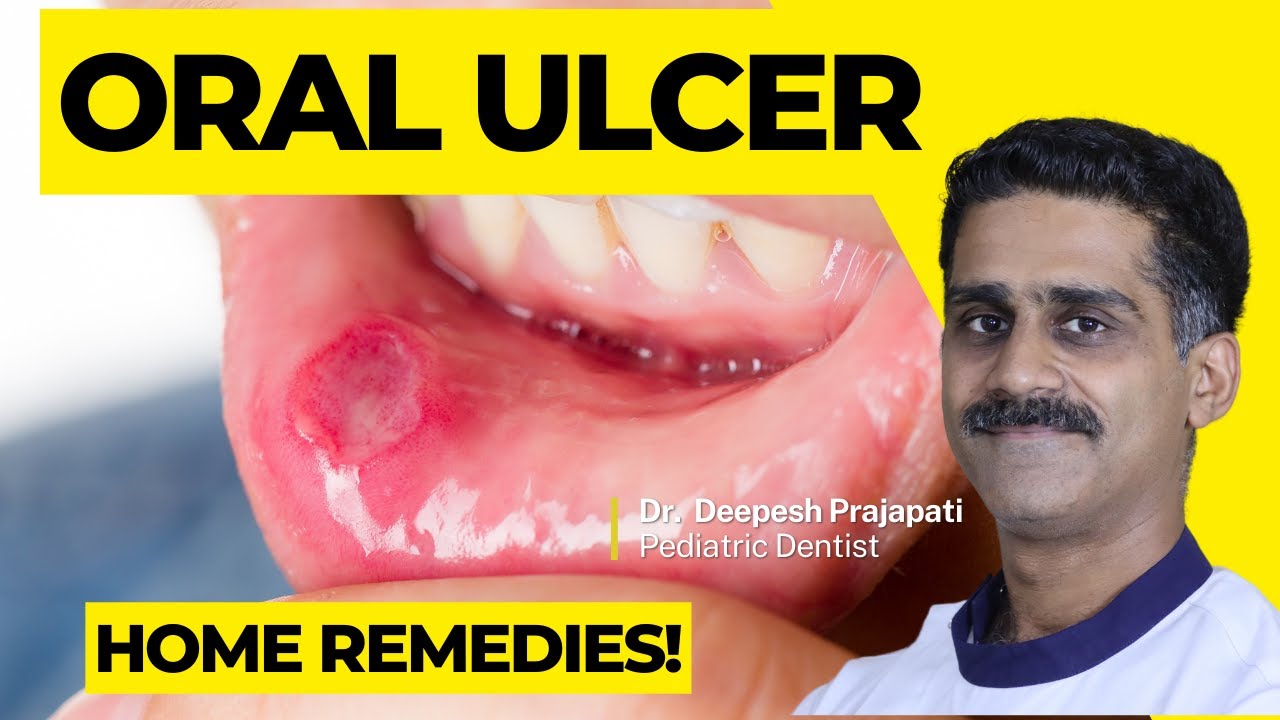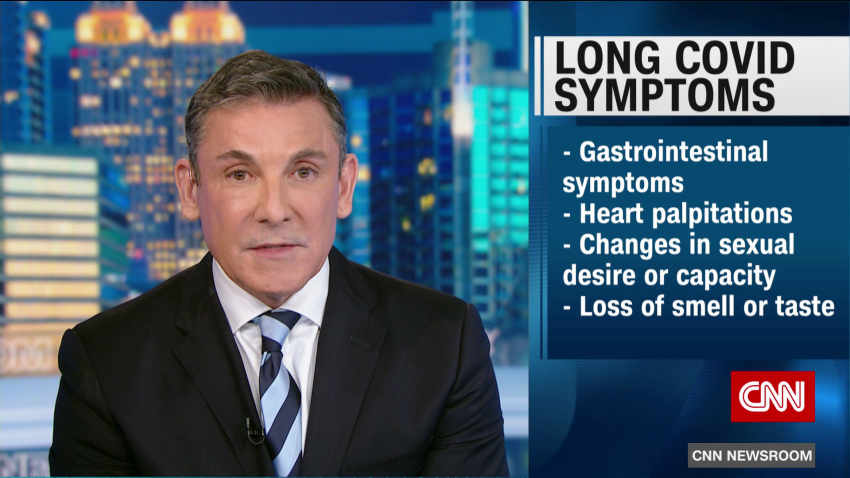Coeliac And Mouth Ulcers

Mouth ulcers can be a painful and frustrating symptom for many individuals, and for those with coeliac disease, the connection between the two can be particularly significant. Coeliac disease is a chronic autoimmune disorder that occurs in genetically predisposed individuals, where the ingestion of gluten leads to damage in the small intestine. This damage can result in malabsorption of essential nutrients, affecting various aspects of health, including the mouth.
Research has shown that individuals with coeliac disease are more likely to experience mouth ulcers, also known as aphthous ulcers or canker sores, compared to the general population. A study published in the Journal of Oral Pathology and Medicine found that approximately 26% of patients with coeliac disease reported experiencing recurrent mouth ulcers, which is significantly higher than the estimated 10-20% prevalence in the general population.
The exact mechanisms behind the increased prevalence of mouth ulcers in coeliac disease patients are not fully understood, but several factors are thought to contribute. One possible explanation is the malabsorption of essential nutrients, including vitamin B12, iron, and folic acid, which are crucial for maintaining healthy mucous membranes and preventing ulcer formation. Additionally, the chronic inflammation and immune system dysregulation associated with coeliac disease may also play a role in the development of mouth ulcers.
| Nutrient | Role in Oral Health |
|---|---|
| Vitamin B12 | Essential for the production of red blood cells and the maintenance of healthy mucous membranes |
| Iron | Crucial for the production of hemoglobin and the maintenance of healthy connective tissue |
| Folic acid | Necessary for the synthesis of DNA and the maintenance of healthy cell growth |

Another important consideration is the potential for gluten to directly affect the oral mucosa. Some research suggests that gluten may trigger an immune response in the mouth, leading to inflammation and ulcer formation. This theory is supported by case reports of patients with coeliac disease who experienced significant improvements in oral health after adopting a gluten-free diet.
The management of mouth ulcers in coeliac disease patients requires a multifaceted approach. Firstly, it is essential to maintain a strict gluten-free diet to prevent further intestinal damage and malabsorption. Additionally, supplementing with essential nutrients, such as vitamin B12, iron, and folic acid, may help to alleviate symptoms. Topical treatments, such as anesthetics and protective pastes, can provide relief from pain and discomfort.
In some cases, mouth ulcers can be a presenting symptom of coeliac disease, particularly in individuals who have not yet been diagnosed. A study published in the Journal of Clinical Gastroenterology found that approximately 10% of patients with coeliac disease reported experiencing mouth ulcers as one of their primary symptoms. This highlights the importance of considering coeliac disease in the differential diagnosis of patients with recurrent or persistent mouth ulcers.
Steps to manage mouth ulcers in coeliac disease patients
- Maintain a strict gluten-free diet to prevent further intestinal damage and malabsorption
- Supplement with essential nutrients, such as vitamin B12, iron, and folic acid, as recommended by a healthcare provider
- Use topical treatments, such as anesthetics and protective pastes, to provide relief from pain and discomfort
- Regularly monitor and follow up with a healthcare provider to prevent complications and ensure optimal oral health
In conclusion, the connection between coeliac disease and mouth ulcers is complex and multifaceted. While the exact mechanisms are not fully understood, it is clear that individuals with coeliac disease are at increased risk of developing mouth ulcers. A comprehensive treatment plan that incorporates dietary modifications, nutritional supplements, and topical treatments can help to alleviate symptoms and promote optimal oral health.
What is the prevalence of mouth ulcers in coeliac disease patients?
+Research suggests that approximately 26% of coeliac disease patients experience recurrent mouth ulcers, which is significantly higher than the general population.
How does gluten affect the oral mucosa in coeliac disease patients?
+Gluten may trigger an immune response in the mouth, leading to inflammation and ulcer formation. However, the exact mechanisms are not fully understood and require further research.
What is the best way to manage mouth ulcers in coeliac disease patients?
+A comprehensive treatment plan should include dietary modifications, nutritional supplements, and topical treatments. Regular monitoring and follow-up appointments with a healthcare provider can help to prevent complications and ensure optimal oral health.
